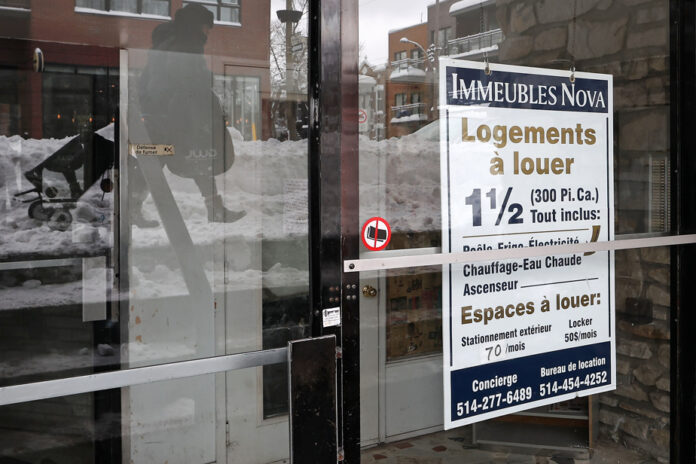The 2023-2024 budget of the Minister of Finance, Eric Girard, could have been the opportunity to put in place a real ecological transition plan and to take concrete measures to restore public services or even respond to the housing crisis.
However, the Legault government is depriving itself of the means necessary to really face the challenges of the hour, whether it is the housing crisis, the climate crisis or the unprecedented deterioration of public services. In doing so, the choices made by the Legault government in the 2023-2024 fiscal year reveal a fiscal conservatism that is out of step with the current situation in Quebec.
Despite the current economic uncertainty, the government has nevertheless chosen to set itself new debt reduction targets. It aims to achieve a net debt-to-GDP ratio of 30% by 2037-2038. François Legault had accustomed us to comparisons with Ontario. However, Quebec’s net debt is now lower than that of the neighboring province. The government is therefore relying on the Canadian average to justify its new debt reduction target.
This choice seems ill-advised when Quebec’s debt is already under control. By revising the Debt Reduction Act, the government could have loosened the budgetary vice that limits its action. It would thus have given itself greater financial leeway to intervene in order to better support vulnerable people.
Unsurprisingly, the government kept its promise to lower the tax rate at the first two levels of the tax table by one percentage point. The measure, now presented as a work incentive, is likely to have little effect as the unemployment rate hits a historic low. In addition, remember that this tax cut will particularly benefit people earning between $90,000 and $100,000. However, the government, which has reduced tax contributions three times since 2018, is now depriving itself of a total of $4.1 billion per year, sums that could have been used to improve public services and social programs.
Instead of this inequitable measure, which mainly benefits people who do not need it, the government could adopt more targeted measures to improve the disposable income of less well-off households. It could, for example, lower daycare fees, tuition fees and public transit fares, measures that would benefit a greater number of Quebecers.
The Intergovernmental Panel on Climate Change (IPCC) announced in its most recent report that everything must be done to limit global warming as quickly as possible. The Legault government seems to ignore these warnings. True to form, he proposed unambitious measures, insufficient in the face of the scale of the climate crisis. If the trend continues, Quebec will not achieve the greenhouse gas emission reduction targets that the government has set itself for 2030.
The sum of $200 million that the government is devoting this year to the revival of public transport is derisory given the underfunding of public transport in several municipalities. It should be remembered that in a study published last September, the Institute for Socioeconomic Research and Information (IRIS) estimated that the introduction of new eco-taxation measures such as an increase in the tax on so-called luxury vehicles would to add $1 billion a year to the coffers of the Quebec state. These funds could be used to reduce our dependence on the automobile, an effective way to fight against climate change.
While her predecessor lip serviced that a housing crisis was raging in Quebec, the current Minister responsible for Housing says she wants to bet on the private sector to overcome the problem. However, of the $173.4 million budgeted for 2023-24 to “promote housing affordability”, most of the funds will be used to renovate existing low-income housing and only $9.5 million will go to construction of new affordable housing. Of this amount, 3.2 million will be used to build affordable housing in collaboration with the private sector. Such privatization is highly problematic, since it is precisely the contradiction between the need for housing and the desire of market players to profit from real estate and rental property that largely explains the current crisis.
One thing is certain: when it comes to helping the people of Quebec deal with the various crises that afflict them, the CAQ government seems to be “on the wrong track”.


















